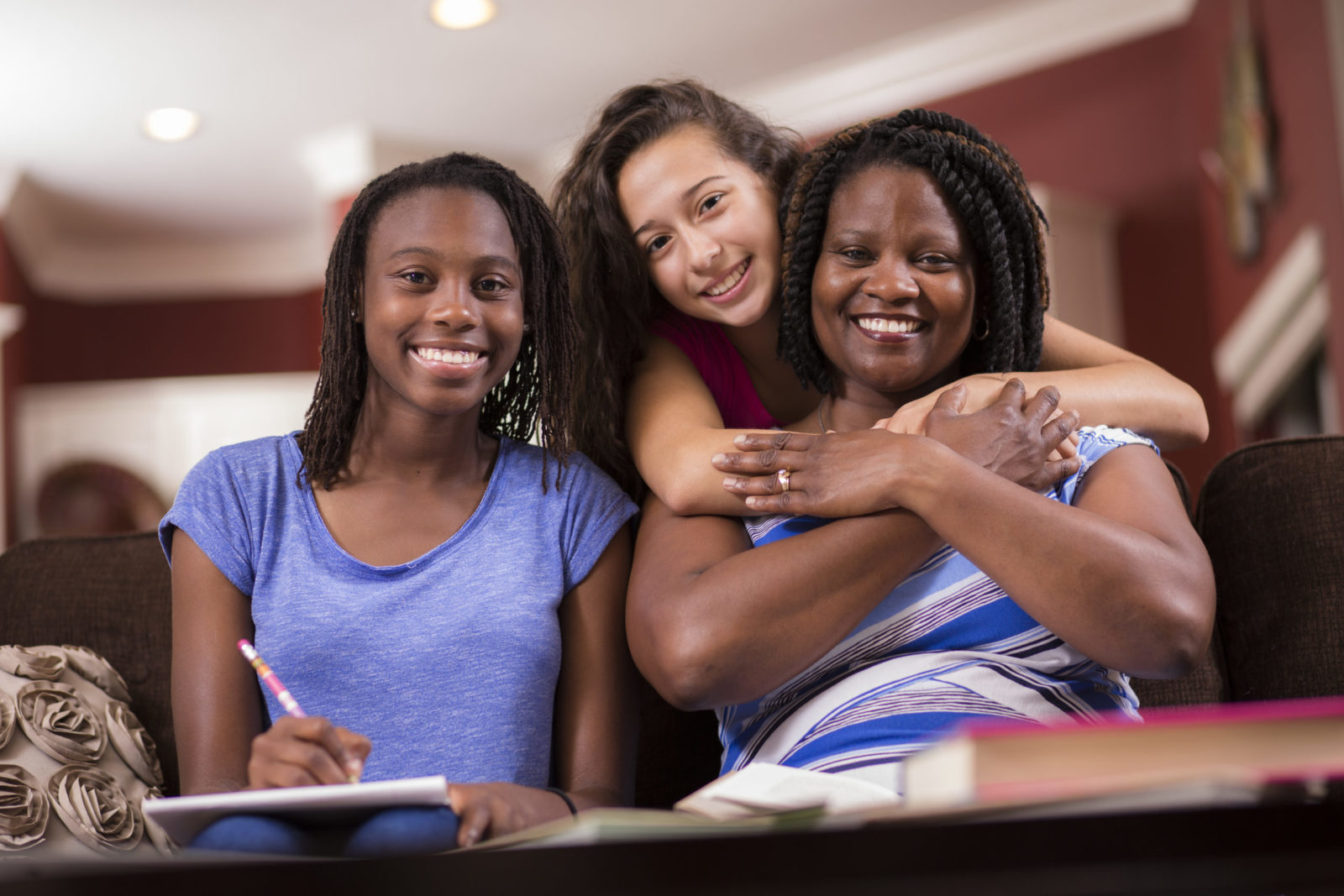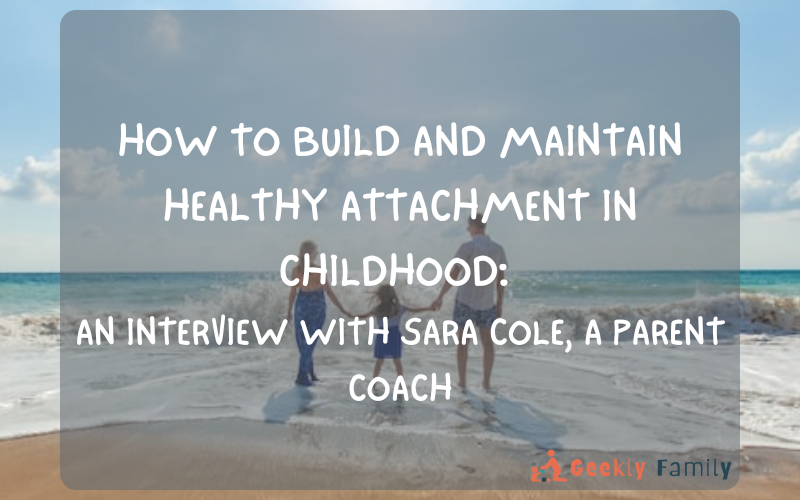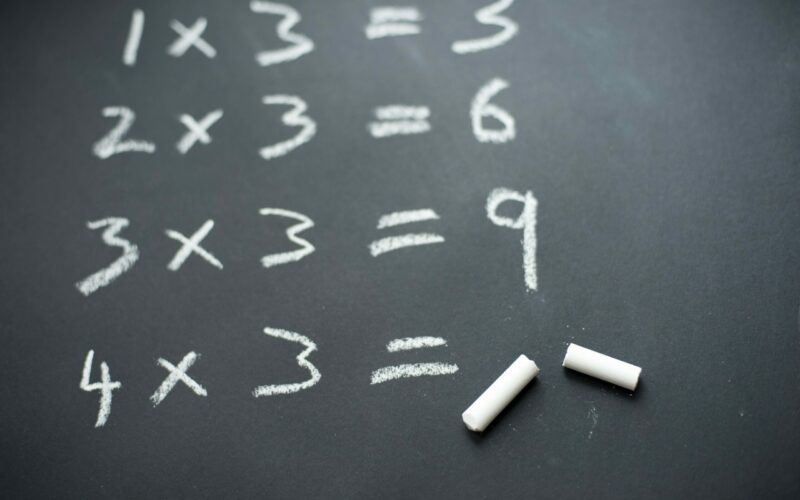As our country continues to witness wave after wave of prejudiced based violence and the continued casual killing of black and brown people, transracially adoptive parents reel with the task of making sense of this world to our kids. Over and over I find articles and speakers encouraging me to talk with my kids about race and racism as well as current news in “developmentally appropriate way.”
But what the heck does that mean? While I’m trained in several different theories of developmental attachment, I’m not sure I’ve really ever seen information on how to address these sorts of incidents. And while there are miles of books and blog posts out there that teach us about race and social disparities, I have come across very little information on the development of racial identity. And how in particular do I speak to those things as a white parent to a black child?
Late one sleepless night I went hunting for help. Here are some of my favorite resources I found. Click on the comments button to let me know what you think or share additional resources. I’d love to hear from you.
Seven Tasks for Parents: Developing Positive Racial Identity
This article offers information about how racial identity is formed and suggests 7 things we as parents need to do to help our kids develop a positive sense of themselves. I particularly found this hopeful:
“A child from a minority group that is celebrated, held in esteem, or that shares power and control with the dominant group can have identities that are just as positive as a child’s from the dominant group.”
The 7 things to do aren’t the quick fix easy kind – they are day-in-day-out ways of being with and for our kids. I really appreciate the clear outline of them.
Stages in Children’s Development of Racial Cultural Identity & Attitudes
I was delighted to find this very helpful paper as it defines children’s developmental stages as well as the capacities and tasks of each stage. The author also describes some of the behaviors that we might see at each stage. This is easily readable and understandable.
Children, Race and Racism: How Race Awareness Develops
Here is a fascinating piece about the development of race awareness. I found it very illuminating in understanding my own identity development as a white person – which is of course intimately linked to how I support the racial development of my African American child.
The article draws on Piaget’s developmental stages and has great information and examples from each stage.
The writing style of this paper is highly academic and a little dry and some of the terms are ill defined which I found a little confusing (ie- what do they mean by a Third World Child?). Overall I appreciated the article.
How to Talk to Kids About Race: What’s Appropriate for Ages 3-8
I love posts like this that tell me what to DO. Besides some helpful age-stage developmental information, this kindergarten teacher has a great list of books and activities that we can do at home with our young kids. I only wish the author continued through to the teen years! She does offer some fantastic adult resources at the end.
What to Tell Your Child About Prejudice and Discrimination – Anti-Defamation League
This is a very direct and helpful article about how prejudice develops and how to address it as parents. It includes great definitions for concepts like prejudice, discrimination, stereotype.
How to Talk to Your Kids about Racism in a Post-Trayvon World
I think my favorite part of this article is the section on suggestions for opportunities for expression and empowerment in reaction to racial incidents.
Talking With Children About Racism, Police Brutality and Protests
I really, really love the attitude and posture of this post, what I read as an appropriate amount of humility for a white person talking about race and parenting. I particularly like this paragraph:
“White families often ignore the issue of racism because it makes us uncomfortable, and because we assume that it doesn’t affect our children. But racism dehumanizes all of us. We can only end racism by talking with all of our children about how it unfair it is, by admitting that all of us have a tendency to judge people based on appearance, by pointing out the terrible cost to people of color but also to our entire society, and by teaching our children that treating all people fairly matters.”
She also offers scripting examples for addressing racial incidents for various ages with some fantastic looking resources.
Talking to Young Children about Race and Racism
First of all, it’s from Pact, so I know it’s going to be good. Specifically, I like how this article explains how kids at different stages might see or hear something and then scripts ways for us to talk about race.
The Value of Black Bodies: Talking with my Black Son About Race Based Violence
Often as a white mom to a black child, I find the best way to learn how to parent my child is to see how black people who grew up with generations of experience having hard conversations are doing it. This is a powerful example. And I am so deeply grateful to the author for being willing to share her vulnerable and personal experience with us via the internet.
Talking about race and racism with my kids is something I’m always seeking to do better and learn more about. Click on the comments button to share additional resources. I’d love to hear from you.





